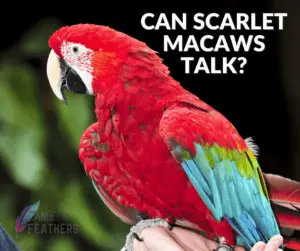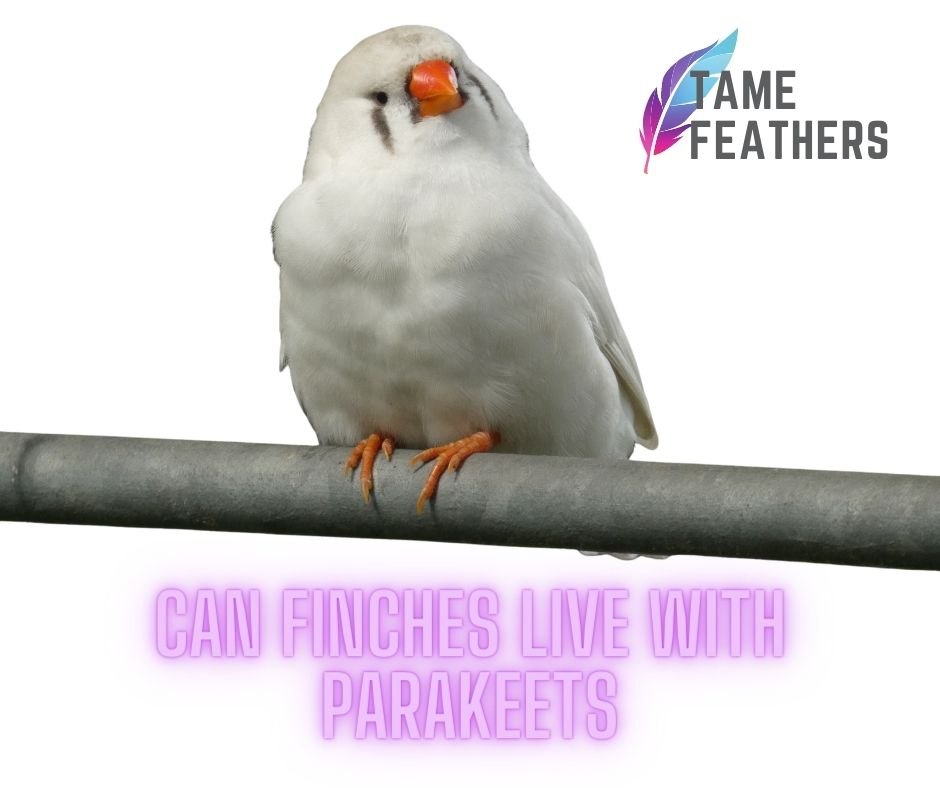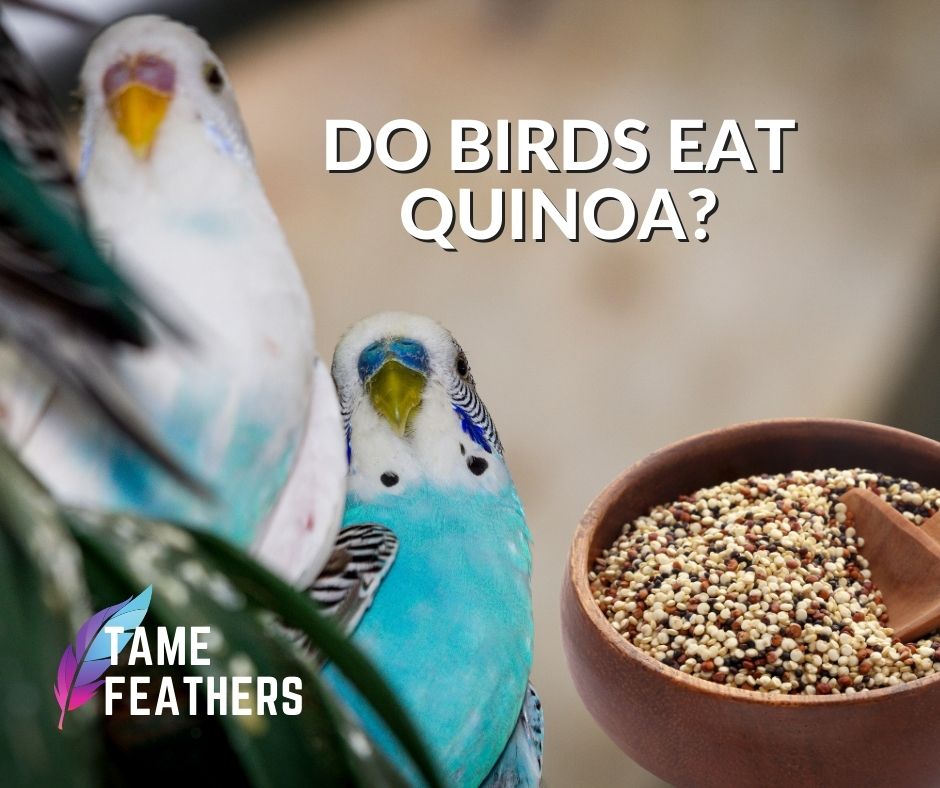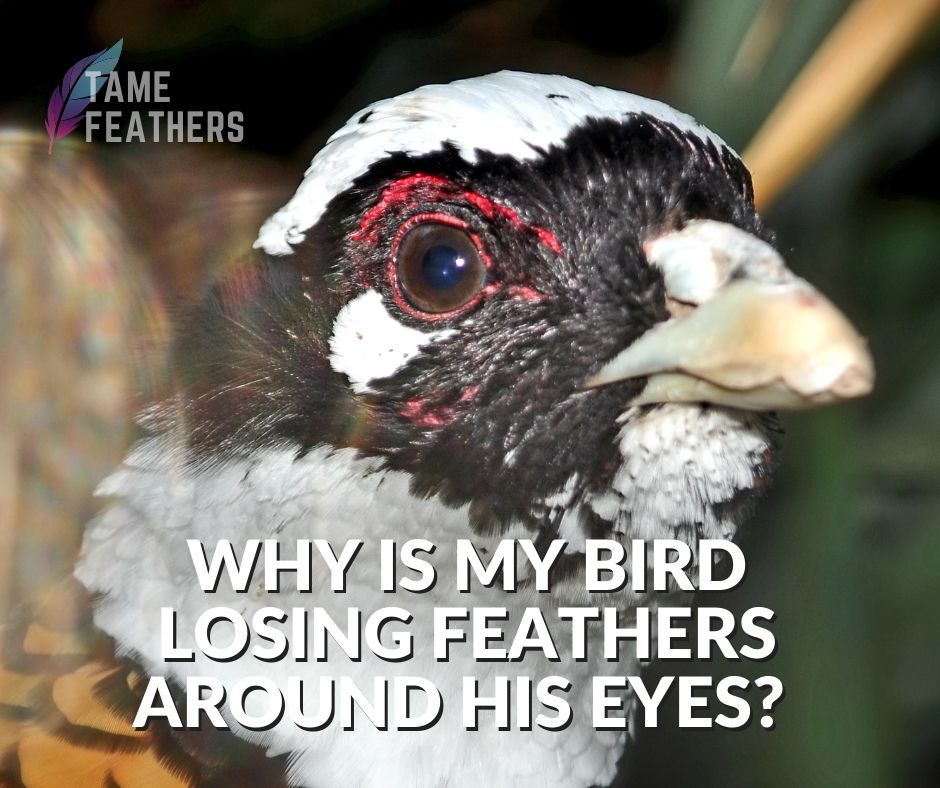If you’ve ever watched your parakeet do an action that appears to be a quick, repetitive opening and closing of its beak, you might have wondered what the bird was trying to accomplish.
It can look like the bird is trying to convey information to you, but the real question is: why does it do that?
In this piece, we will investigate the factors that lead to parakeets engaging in this seemingly inexplicable behavior.
We will discuss issues such as if it is a symptom of an illness or whether they are simply joyful.
So, let’s not waste any time and get straight into learning more about our feathered buddies.
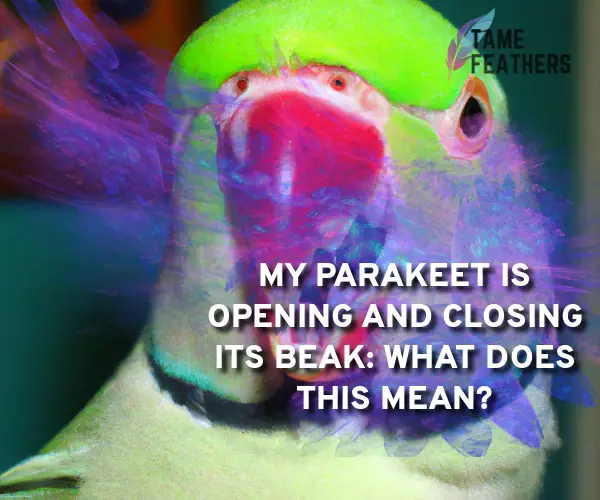
- What is the cause behind frequent beak opening?
- How can I determine whether my bird's behavior warrants medical help?
- How can I make sure my parakeet remains healthy & happy?
- Are there any solutions available if my pet doesn't respond positively on its own?
- Can I train my Parrot myself without professional expertise?
- We Thought You Might Want To Know This About Parakeets… 😊
What is the cause behind frequent beak opening?
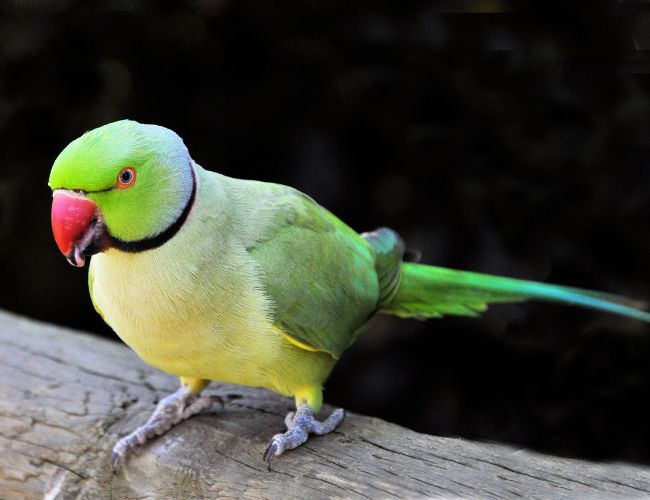
The most common reason for a parakeet to open and close its bill frequently is that it needs something.
It could need food, water or attention from you.
A bird will typically move its beak up and down in an effort to get your attention when it’s hungry or thirsty.
If this behavior persists even after the pet has been fed, then there may be other underlying causes such as boredom, stress or illness.
Sometimes a parakeet may also do this if they are trying to groom themselves since birds use their bills as tools for preening and cleaning feathers.
Thus, it is important to observe closely what your pet might be doing so that you can better understand why they are exhibiting this behavior.
How can I determine whether my bird’s behavior warrants medical help?

If you notice that the frequency of your parakeet’s bill-opening increases rapidly over time despite being given adequate food and water, then it could point towards a possible health concern and requires immediate veterinary assistance.
Other signs which indicate that your bird needs medical care include loss of appetite, lethargy, fluffed feathers (which indicates illness) as well as any visible discharge coming out from their nostrils or eyes which might suggest infection caused by bacteria or viruses like salmonella.
Therefore, regular checkups by an avian veterinarian are essential for ensuring good health in our feathered friends!
How can I make sure my parakeet remains healthy & happy?
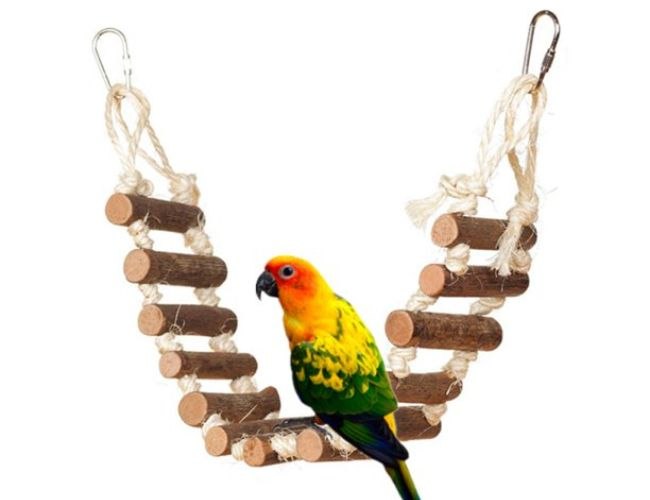
Providing ample amounts of nutrition along with fresh water daily is essential for keeping a parakeet healthy and happy at all times.
Feeding them high quality seed mix supplemented with fruits & vegetables ensures proper vitamin intake into their diet while providing necessary minerals too.
Additionally, giving them access to toys helps keep them mentally engaged while preventing boredom. Try swapping old toys with new ones so they don’t lose interest easily over time.
Finally, making sure the cage environment isn’t overcrowded nor draughty provides comfort levels needed by these delicate birds who often suffer due to extreme temperatures ranging from hot summers right through cold winters indoors too!
Are there any solutions available if my pet doesn’t respond positively on its own?
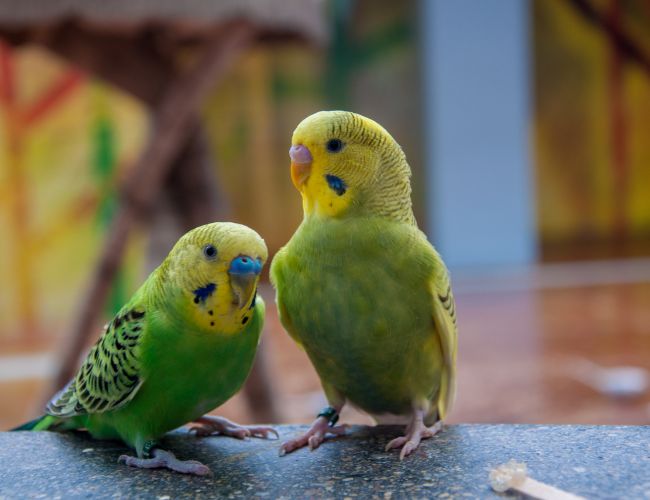
Parrot Behavior Modification, otherwise known as ‘bird whispering’ involves using positive reinforcement techniques such as verbal rewards/praise in order to alter how your pet behaves.
It will facilitate more desired responses instead of negative ones previously exhibited before hand.
Things like excessive squawking etcetera should stop gradually once these methods have been employed regularly over some time period consistently enough whereby long lasting results become achievable eventually through patience alone.
Can I train my Parrot myself without professional expertise?
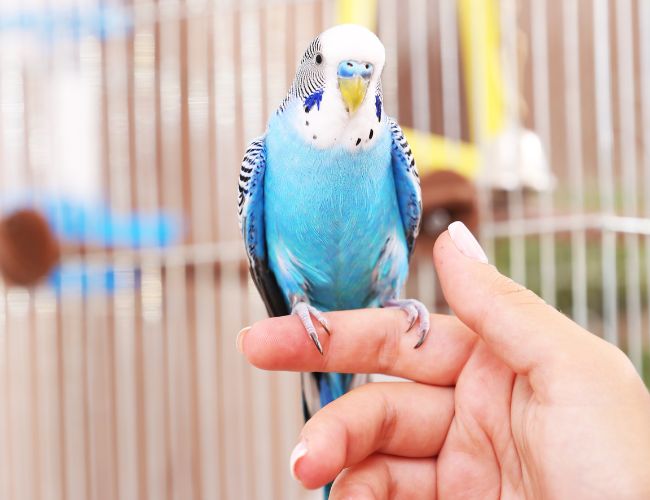
Yes, but caution must always prevail here because incorrect training methods may lead to further behavioral issues rather than helping solve existing ones so one must take extra care & precaution whenever attempting self-training sessions independently without expert advice.
There’s plenty helpful resources available online nowadays where we can find detailed information about how best handle different scenarios appropriately but inevitably seeking specialist guidance whenever deemed necessary still remains paramount above else.
We Thought You Might Want To Know This About Parakeets… 😊
Thanks for reading this article: ” My Parakeet Is Opening and Closing Its Beak: What Does This Mean?” Seeing as you were interested in this topic, you might find the following articles useful, too!
Have a read of these…
are parakeets good pets for kids,
parakeet sounds 10 hours,
can parakeets talk like humans

